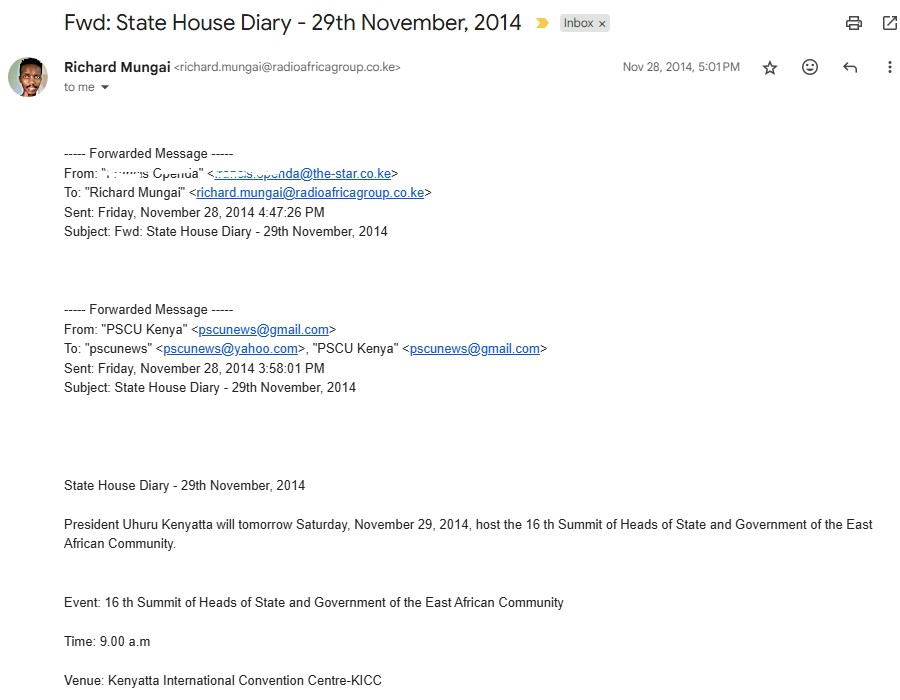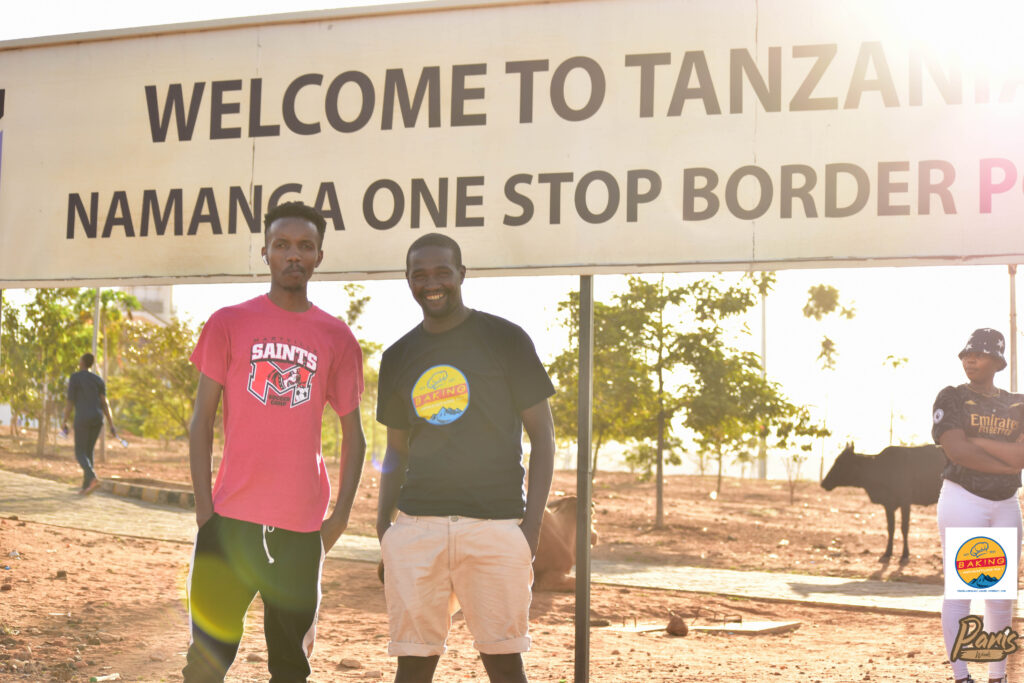The dream of a seamless East African market promised growth and opportunity. Instead, businesses are still paying the price for political hesitation and corruption
Thirteen years ago, I was full of hope for the direction Kenya, and the wider East African region, was heading.
Back then, I worked as a business journalist.
That role gave me privileged access to high-level stakeholder meetings, the kind where decisions about the region’s future were discussed at round tables.

These gatherings were often headlined by heavyweights of the region, Uhuru Kenyatta, Paul Kagame, Yoweri Museveni, Salva Kiir, and Pierre Nkurunziza.
Their presence alone underscored the gravity of the moment.
The agenda was always ambitious, East African Community (EAC) integration, with a sharp focus on eliminating trade barriers.
Double taxation was a hot topic, and for good reason.
But then came an idea that always felt out of place, a single EAC currency, modeled after the Euro.
At the time, I couldn’t shake the feeling that it was premature.
Why?
Because the Eurozone wasn’t built on currency alone.
It was built on decades of preparation:
- Shared security frameworks.
- Massive grants to equalize education systems, and,
- A cultural cohesion that made integration feasible.
The EAC, on the other hand, was (and still is) a patchwork of diverse realities.
- Burundi and Uganda still run large swathes of their economies on barter trade.
- Tanzania often leaned back into socialist policies.
- South Sudan was, and remains, torn by conflict.
- And in Kenya, corruption remains a stubborn cancer, clogging everything from border points to policy administration.
When you think about it, how can you create a unified economic bloc when businesses don’t even receive consistent support across member states?
Fast forward to today…

As a business owner now, I often ask myself, what if those integration frameworks had been implemented within their timelines?
What if our leaders had matched vision with action?
Instead, here we are, grappling with more trade barriers, not fewer.
Yes, Kenya has made strides in areas like business formation and dispute resolution.
But those gains are watered down by inconsistent policies and layers of corruption.
Our neighbors, meanwhile, remain hesitant.
Many fear that integration will tilt benefits toward Kenya, leaving them worse off.
And so, for traders like us, moving goods across the region is still a nightmare.
To ship high-value goods via EAC borders, you must know someone who knows someone. Without multilayered connections, nothing passes.
Imagine this, a shipment from Nairobi to Kampala should be straightforward.
But by the time you navigate clearance restrictions, arbitrary fines, and unreasonable taxes at the border, the costs skyrocket.
What should have been a perfect business deal quickly turns sour.
I’ve seen clients in Uganda and Tanzania pay more than twice the shipping cost we incurred to bring a reel of ADSS cable from China to Kenya, just to move it a few hundred kilometers across the border.
Faced with that reality, many simply bypass Nairobi altogether and import directly from China.
The potential is still there
Here’s the irony, the trade potential within the EAC keeps growing.
Digital platforms are connecting buyers and suppliers faster than ever.
Businesses are ready.
Markets are hungry.
Demand is rising.
But the political goodwill?
Still missing.
From where I stand, it feels like being locked in a room with only a small window to peek through.
We can see clearly defined opportunities.
That is,
- Regional growth.
- Cheaper trade
- Stronger collaboration.
The problem is that we can’t access them.
Not because businesses aren’t ready, but because politics has tied our hands.
What hurts the most?
It’s knowing that so much potential sits just beyond reach, waiting for decisions only politicians can unlock.
👉 What’s your take? Do you think East African integration will ever live up to its promise, or are we destined to keep staring through that open window?


